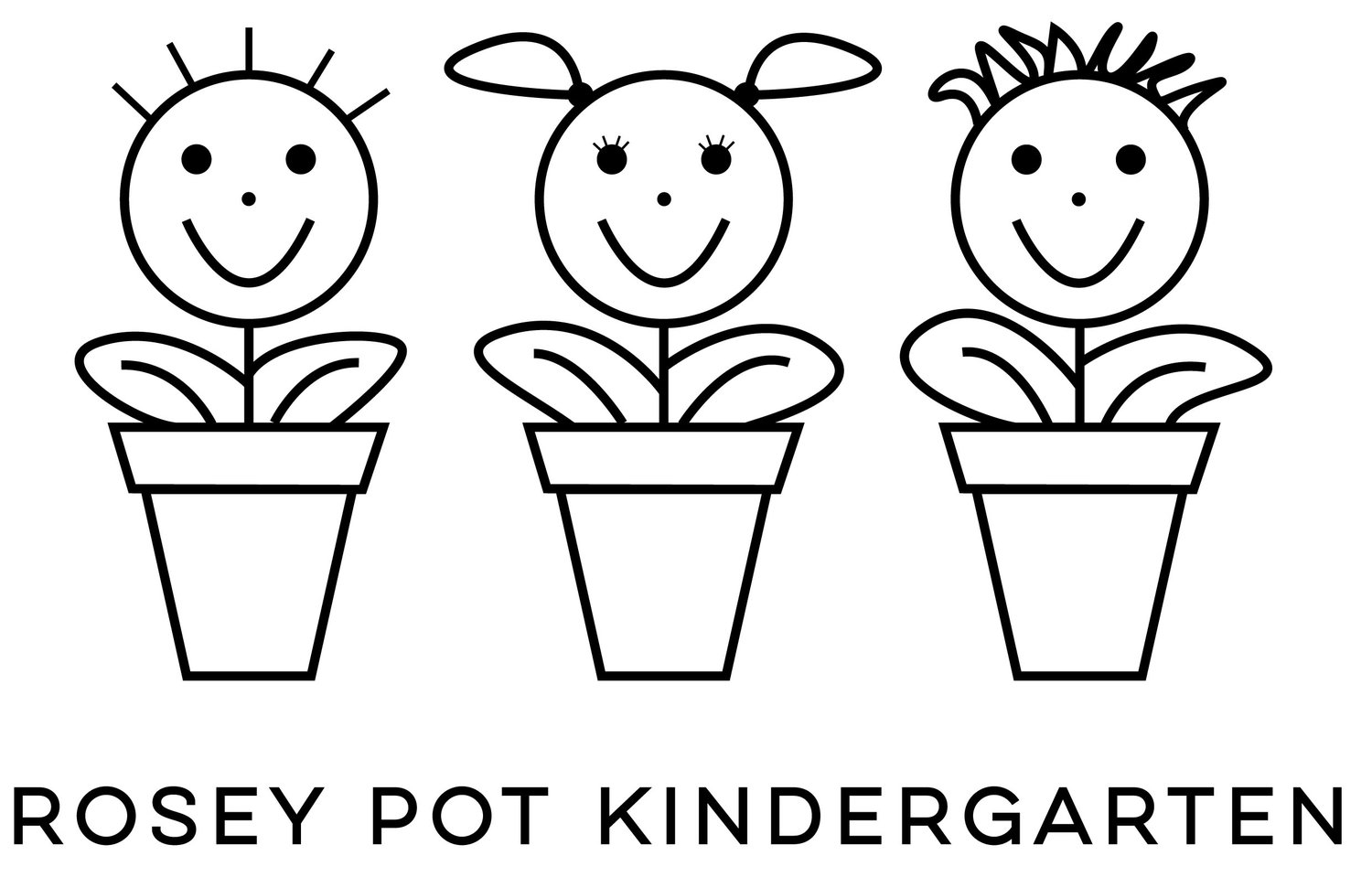At Rosey Pot Kindergarten, we view the transition to school as a relational and developmental process, one that unfolds over time and involves children, families, educators, and schools working together.
We understand that successful transitions occur when children and families feel recognised and connected within their new school community. Research reminds us that schools are social places, and learning is a social process (Dockett & Perry, 2014). When children feel emotionally safe, seen, and supported, they are more able to engage in learning and form meaningful relationships that nurture both wellbeing and confidence.
Children’s readiness for this new phase of learning is shaped by multiple interrelated factors — including their emotional security, ability to communicate, curiosity, physical wellbeing, and sense of identity. In this sense, transition is not about a child meeting a fixed set of criteria, but about how their environments — home, early learning, community, and school — come together to support and respond to them (Christensen et al., 2020; Kagan & Rigby, 2003).
At Rosey Pot, we foster these foundations every day. Through play, storytelling, and relationships, children practise problem-solving, collaboration, empathy, and self-regulation — dispositions that form the heart of lifelong learning. Educators gently guide children to manage emotions, persist with challenges, communicate ideas, and care for others. We recognise that the part of the brain responsible for impulse control and emotional regulation is still developing during the preschool years, and children rely on calm, consistent adults to co-regulate their emotions (NSW Ministry of Health, 2021).
Our daily rhythm, curriculum, and environment are intentionally designed to support continuity of learning between early childhood and school. Open-ended experiences, literacy- and numeracy-rich play, and opportunities for self-expression allow children to explore the “hundred languages of learning” , the verbal, visual, creative, and embodied ways children communicate their understanding of the world (Malaguzzi, 1998).
Transition to school also means supporting families. We provide regular communication, parent–teacher interviews, and summative assessments that highlight each child’s strengths, growth, and emerging capabilities. Together, we identify next steps and ways families can nurture independence, confidence, and wellbeing at home.
As children move forward, we celebrate not just their academic knowledge, but their courage, curiosity, and kindness. These qualities, grounded in a strong sense of belonging, will help them thrive in their next learning community.

